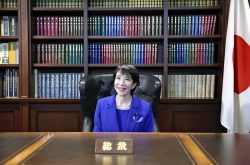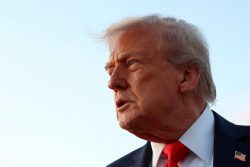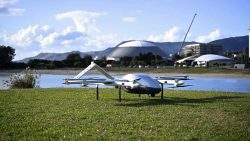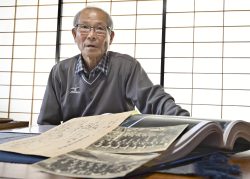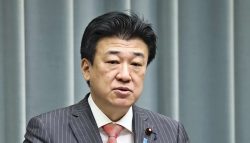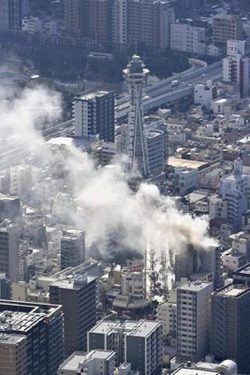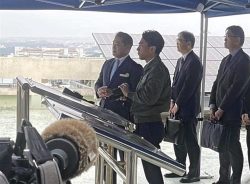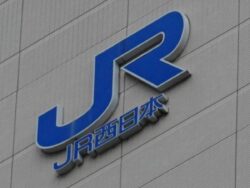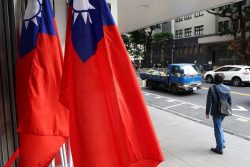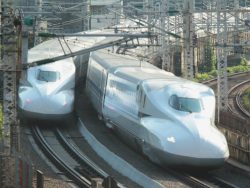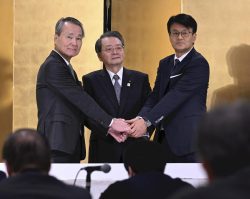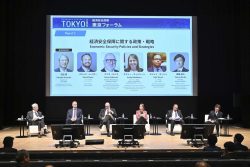Yomiuri Holds Exclusive Interview with U.S. CEA Chair Miran; Trade Deficits ‘Eroding’ Domestic Industrial Sector
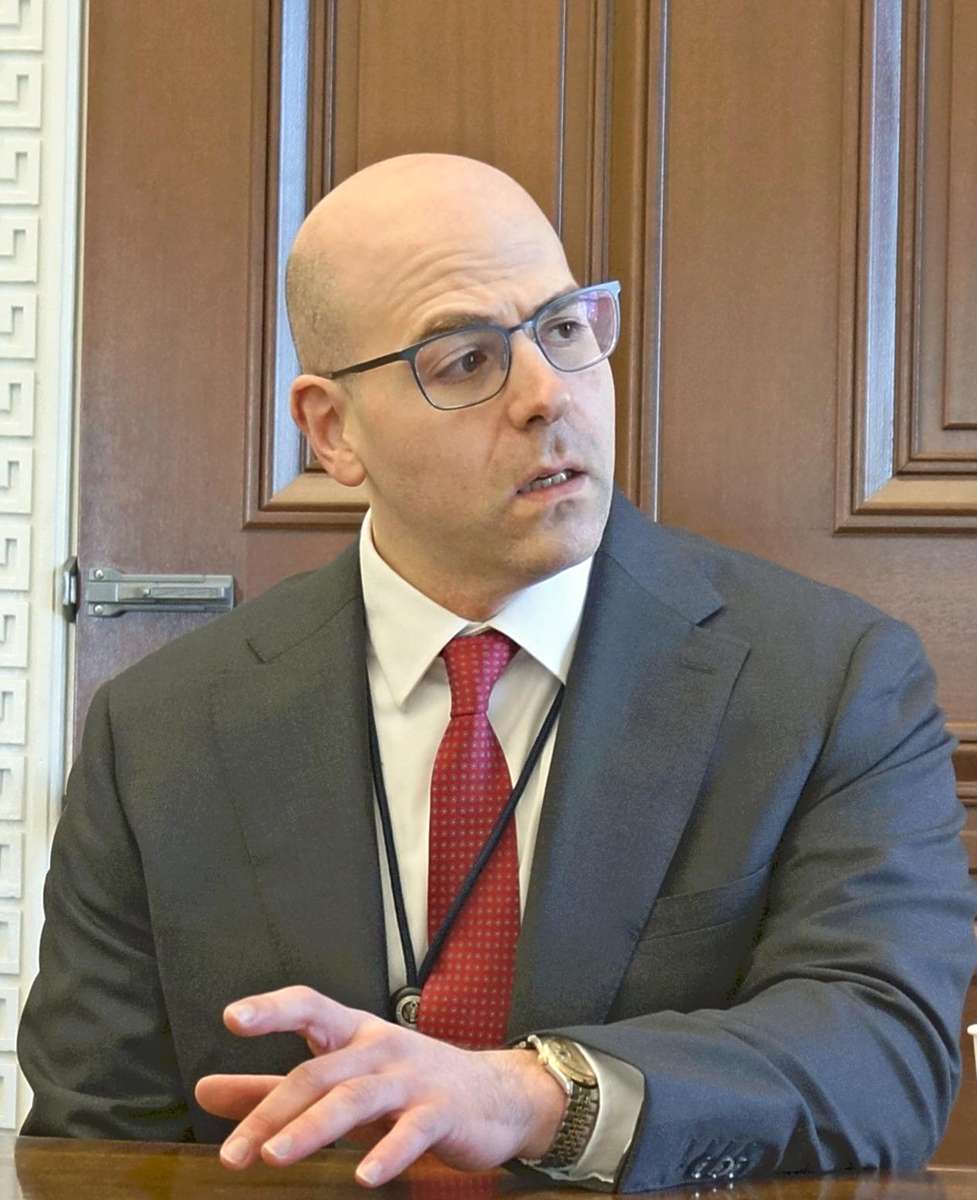
Stephen Miran
20:25 JST, April 17, 2025
Stephen Miran, who chairs the U.S. Council of Economic Advisers, told The Yomiuri Shimbun that bolstering the U.S. manufacturing sector through “reciprocal tariffs” is crucial for the sake of national security.
It was the first time for Miran to be interviewed exclusively by a foreign media organization since the inauguration of the second administration of U.S. President Donald Trump.
The following excerpts from the interview, conducted in Washington by Yomiuri Shimbun Staff Writers Hiroyuki Tanaka and Mineko Tokito on Wednesday, have been edited for flow and clarity.
The Yomiuri Shimbun: President Trump has introduced a series of item-specific and reciprocal tariffs on imports, regardless of whether they originate from adversaries or allies. What are the administration’s objectives in pushing ahead with tariff increases?
Stephen Miran: The president is determined to start rectifying the historic disparity between market access into America relative to market access into our trading partners. I’m optimistic that our allies and friends will be able to negotiate great deals that result in much lower tariff rates and more reciprocal market access and more trade, rather than less trade.
It is true that trade deficits have been accumulating for decades. They have eroded our manufacturing and industrial sector, [which is] critical not just for the economy, but also for national security. And it’s critical to start addressing those.
Yomiuri: The tariffs on China in particular are extremely high, totaling 145%. Is there some kind of policy intention toward China?
Miran: It’s very obvious that China is the worst offender when it comes to flooding the world’s international trade and creating an unfair trading environment.
The president has said that he’s open to doing a deal with China. If the Chinese came and delivered some terms that were central to America, I can very well imagine that a deal would happen.
Yomiuri: In your paper [released in November], you mentioned the Mar-a-Lago Accord, a currency agreement with multiple nations to collectively correct the dollar’s appreciation [to increase U.S. exports and enhance the competitiveness of manufacturing industries].
Miran: It’s not my plan. I was discussing other people’s ideas at the time. What I wrote in November, before I was considered for this role, in no way reflects administration policy. It was one item on the list of 30 items that I was evaluating the potential, risks, rewards, costs and benefits of all the tools on the shelf that I could think of.
Yomiuri: Why does the president see the trade deficit as an excessive problem?
Miran: The trade deficit in goods erodes our ability to produce the equipment that we need to defend ourselves.
We need to get to a place where our industrial base is capable of really underwriting our national security priorities.
Stephen Miran
He received his PhD in economics from Harvard University. In U.S. President Donald Trump’s first administration, he served as a senior adviser for economic policy at the U.S. Treasury Department. Under the second Trump administration, Miran is chair of the Council of Economic Advisers. He also used to be a senior strategist at global investment firm Hudson Bay Capital.
"World" POPULAR ARTICLE
-

U.S. Senate Resolution Backs Japan, Condemns China’s Pressure
-

China to Impose Sanctions on Shigeru Iwasaki, Former Head of Japan’s Self-Defense Forces, Who Serves as Adviser to Taiwan’s Executive Branch
-

Chinese Foreign Ministry Criticizes Japan’s Largest Ever Defense Budget in Draft Budget for Fiscal 2026
-
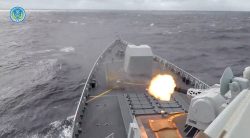
China Appears to Warn Japan, U.S. with Drills Around Taiwan
-

China Confirmed to Be Operating Drilling Vessel Near Japan-China Median Line
JN ACCESS RANKING
-

As Chinese Tourists Shun Japan, Hotels and Stores Suffer
-

Tokyo Economic Security Forum to Hold Inaugural Meeting Amid Tense Global Environment
-

Osaka-Kansai Expo’s Economic Impact Estimated at ¥3.6 Trillion, Takes Actual Visitor Numbers into Account
-

BOJ Gov. Ueda: Highly Likely Mechanism for Rising Wages, Prices Will Be Maintained
-

Japan Govt Adopts Measures to Curb Mega Solar Power Plant Projects Amid Environmental Concerns


